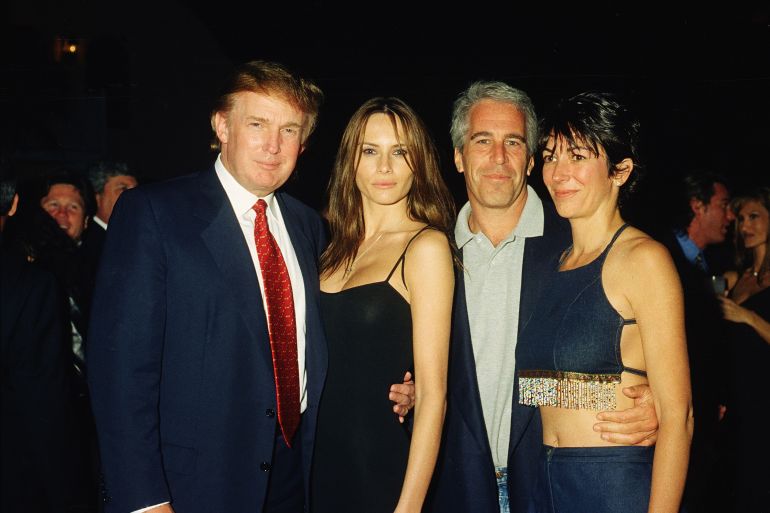US House Speaker Mike Johnson made headlines this week after claiming that former President Donald Trump acted as an FBI informant during the federal investigation into Jeffrey Epstein, the convicted sex offender whose network of powerful associates continues to draw scrutiny, as the public continues the push for the complete Epstein files and the client list to be made public.
In a CNN interview on September 5, Johnson stated that Trump was “horrified” by Epstein’s actions and took steps to distance himself from the disgraced financier. “He kicked Epstein out of Mar‑a‑Lago and was an FBI informant to try to take this stuff down,” Johnson said, seeking to clarify Trump’s past comments dismissing the Epstein story as a political “hoax.”
Johnson’s remarks came as Congress intensifies efforts to declassify government documents related to Epstein. Bipartisan lawmakers—including Reps. Thomas Massie (R-KY) and Ro Khanna (D-CA)—are pushing legislation that would force the Department of Justice to release its Epstein files. Critics argue that Trump’s own dismissal of the renewed interest in Epstein’s network conflicts with Johnson’s assertion of Trump as a whistleblower.
What Evidence Exists?
While Johnson’s claim drew immediate attention, no formal evidence has surfaced confirming that Trump served as an FBI informant. There is, however, historical context that supports parts of the narrative:
Mar‑a‑Lago Incident: Trump reportedly banned Epstein from his Florida resort in the early 2000s after learning of inappropriate behavior toward a young female staffer.
Legal Cooperation: Brad Edwards, an attorney who represented several of Epstein’s victims, previously stated that Trump was “the only person who picked up the phone” and voluntarily offered information during early investigations.
Despite these accounts, legal experts note that voluntary cooperation with civil attorneys is not equivalent to serving as a government informant.
Political Context and Timing
Johnson’s comments appear to serve a dual purpose: to defend Trump against criticism over his association with Epstein, and to reframe Trump’s past remarks—where he dismissed renewed scrutiny of the Epstein files as a partisan “hoax”—as misunderstood.
Observers note the political sensitivity surrounding the Epstein case, especially as new documents emerge and victims continue to call for full transparency. More than 33,000 documents related to Epstein have already been released, according to Johnson, yet lawmakers and the public remain unsatisfied with the pace and scope of disclosures.
The issue has become a flashpoint in Washington, with Speaker Johnson expressing support for “maximum transparency,” while Trump and some of his allies seek to control the narrative amid increasing pressure.
As of now, no FBI or Department of Justice documents have been made public confirming Trump’s status as a formal informant. Legal scholars and transparency advocates have urged Speaker Johnson to provide supporting evidence for his claim, especially given its potential implications for both Trump and the broader investigation into Epstein’s network.
Without such documentation, the claim remains speculative—bolstered by anecdotal statements but lacking verification through official channels.
As Congress pushes for further transparency and victims continue to demand accountability, the full truth behind Epstein’s network, the client list and rest of the details remain elusive.
